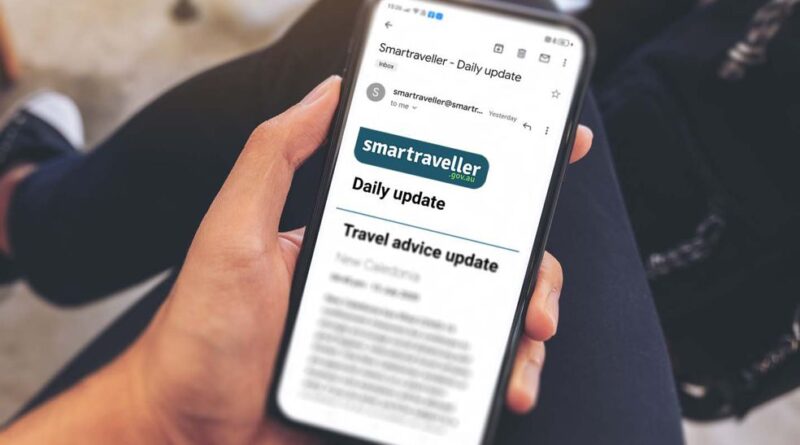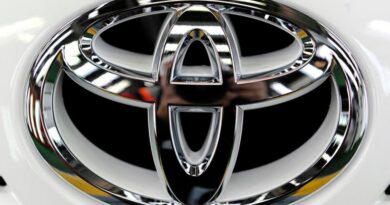Travel insurance: Why it’s important, How to choose
This information are for Australians wanting to know more about travel insurance.

Why travel insurance is important
Travel doesn’t always go to plan. The right insurance is as essential as a passport for travel overseas. You’ll depend on your travel insurer for help if things go wrong. They can give both financial and practical support. Without it, you or your family could suffer financially.
Get insurance regardless of who you are, where you’re going and what you’re doing.
Learn why insurance is important in the CHOICE travel insurance buying guide.
How to choose the right travel insurance
Not all policies cover all things. Always read the Product Disclosure Statement (PDS) before you buy a policy. It will tell you:
- what you are covered for (inclusions)
- what you aren’t covered for (exclusions)
- word definitions
- how the claims process works
- what emergency support they provide.
The CHOICE travel insurance buying guide has advice on how to read the PDS and what to think about before you buy.
Choose a policy that suits your needs.

Consider where you’re going
Some policies are country specific. Others are worldwide. The level and cost of cover can vary depending on where you travel. Insurers may be more concerned about risks in some regions or destinations than others.
- Choose a policy that covers you for every country you’re travelling to. Include stopovers and transit points.
- Check the current situation where you’re going. Read about the risks in each destination’s travel advice. Understand what each advice level means.
- Make sure your destination’s advice level isn’t ‘Do not travel’. Check if your policy covers you for cancellations if the advice level goes up after you’ve booked.
Decide how long you’re going for
Travel insurers usually quote based on how many days you’ll be away.
- You may want a one-off travel insurance policy if you plan a quick trip. These are for a set number of days.
- Consider an annual multi-trip policy if you travel often or for long periods. It may be more convenient and better value.
Multi-trip and credit card policies can restrict the length of each trip you take. Some allow you to pay for extra days. Read the fine print in your policy.
Compare CHOICE reviews of single-trip and annual multi-trip policies.
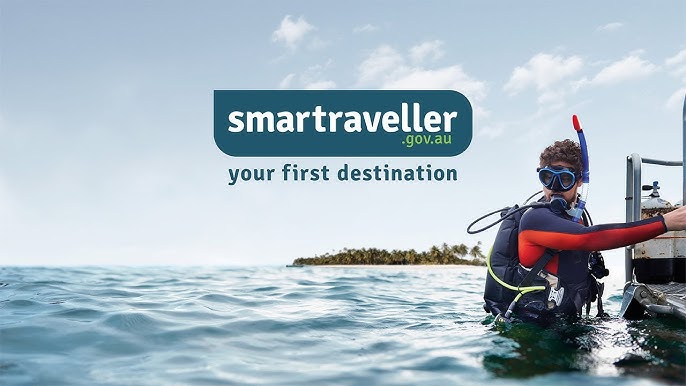
Think about what you’ll do there
Insurers exclude a lot of activities from their standard policies. Even common activities, like going on a cruise or skiing. You may need to pay extra to ensure what you’re planning to do is covered. Or, get a specialised policy. Check the policy’s fine print.
- Check the list of included and excluded activities.
- Check their definitions for activities. For example, they may consider walking in the mountains above a certain altitude as mountain climbing.
- You might need to pay for extra cover for your activities. This is often the case for skiing, bungee jumping, scuba diving, hiking or riding a motorcycle.
- If you plan to drive, check if you’re covered or can pay extra. It could be cheaper through your travel insurer than getting a car hire company policy.
If you live overseas long-term, Australian insurance providers might not cover you. Your visa conditions may require you to get a local health insurance policy. Make sure you check.
Think about your age and health
Travel insurance is essential if you end up sick or injured. Medical assistance is usually the highest unexpected cost for Australians overseas. Most countries won’t give you free or subsidised care. You, or your insurer, must usually pay full price.
- Hospitals in some countries will refuse to treat you if you don’t pay upfront or hand over your insurance details. Even if it means you might die.
- Hospitals in countries with a reciprocal health care agreement may treat you in an emergency. But you may still have to pay for some of your costs.

If you’re older or have pre-existing conditions
Your age and health will impact the cost and type of policy you need. This especially applies if you have pre-existing conditions.
- You must tell your insurer about all pre-existing health conditions.
- If you’re unsure your condition is covered, ask your insurer.
- Your insurer may ask for a health check.
- Most policies have an age limit. Mature Australians often pay more for cover.
It may be harder to get insurance if you have a pre-existing medical condition. You may need to
- find a specialised insurer
- get a policy that covers you for situations unconnected to your condition.
If you don’t have insurance and can’t afford to pay for healthcare
You’ll have to cover the cost of treatment if you don’t have insurance. If you can’t pay, you’ll have to ask your family or friends for money. If you don’t pay your medical bills, you could be:
- arrested or jailed
- prevented from leaving the country until you pay
- sued by the hospital, even if you’ve already left the country.
The Australian Government can’t pay your bills.

Work out how much your valuables are worth
Travel insurance can cover replacing your baggage and valuables if they’re lost, damaged or stolen.
Some insurers will also help you organise a replacement while you’re away if you need it urgently.
Expensive items may cost you more to insure. Think about what you’re taking with you. Consider what it would cost to replace those items if they get lost, stolen or damaged.
Policies vary when it comes to how they cover valuable items. They often limit each item’s value. Adding cover for valuables can range from 100s of dollars to 1000s.
- Check individual item limits on your baggage cover. You may need to take out extra insurance to cover your valuables.
- Check the excess. On many policies, it’s more than the value of the items you’re taking. Consider paying extra to reduce or remove your excess.
- If you’re not taking expensive items, you could save on your premium by selecting a policy with less baggage cover or lower limits. Or choosing a medical-only basic policy.
Always check the fine print on your policy in the PDS. See what items they exclude and the situations they’ll cover.
Also, see our advice on preventing theft.
Shop around and choose what’s right for you
There are plenty of insurers with a range of policies for you to choose from. The most important thing is choosing a policy that covers what you need for you and your trip.
Resist the temptation to get the cheapest option without checking that it suits your needs. This also applies to free credit card travel insurance. Consider your unique needs and read the PDS. If it’s not a match, it’s not good value.
- Browse and compare your options on Find an Insurer.
- Read the CHOICE travel insurance buying guide. Check out their reviews.
- Narrow down your options to policies with the inclusions you need.
- Read the PDS for your shortlisted policies. You’ll be surprised what situations and items some policies exclude.
Choose and buy the policy that’s right for you. Always declare everything upfront when you buy your policy. If you don’t, you may void it.

Comprehensive travel insurance
A comprehensive travel insurance policy covers a lot. These policies cover most things for most people in most situations. It won’t cover everything or everyone. You may still want to explore the insurer’s optional extras or opt for higher item limits if you take expensive items.
Some cover more in their standard policies without paying for extras. For example, some comprehensive policies cover skiing and SCUBA diving. On other policies, you have to pay more.
Compare CHOICE reviews of single-trip and annual multi-trip travel insurance policies.
Basic travel insurance (medical only)
Basic cover can be a popular choice with backpackers and budget travellers. It’s generally for people who travel light, without expensive items and want the cheapest option.
Basic policies still cover your health and medical emergencies.
They usually don’t cover your property or cancellation costs. If they do, the conditions are more restrictive, and claim limits are much lower. Usually, they have a much higher excess than comprehensive policies.
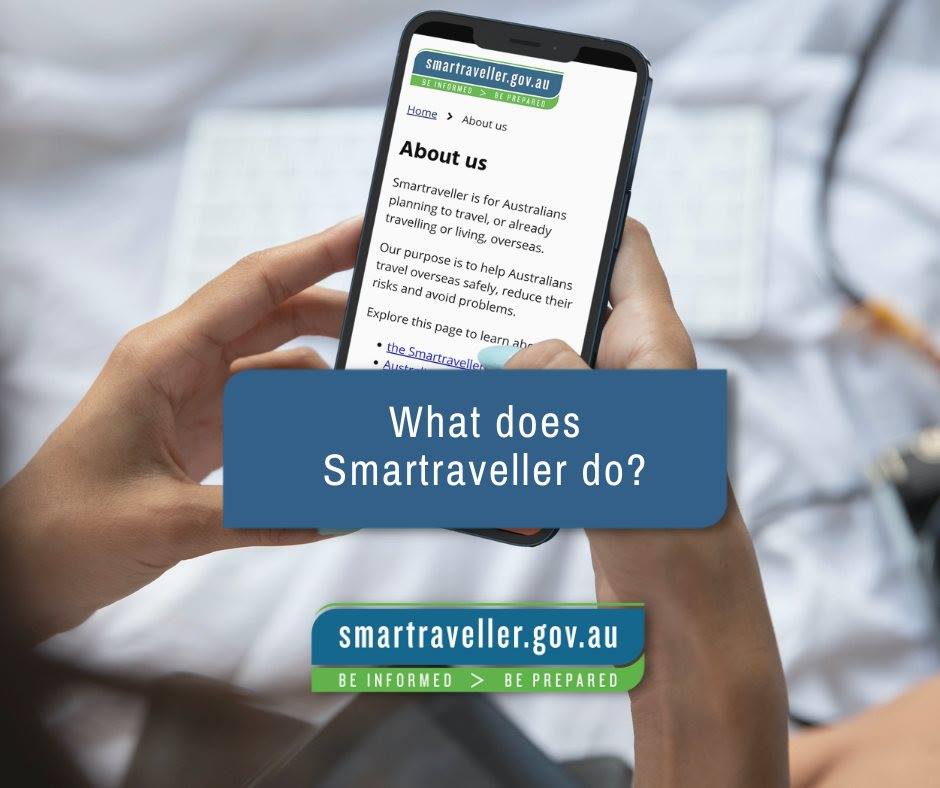
Credit card travel insurance
Some credit cards come with free travel insurance. Before you default to the free option, make sure you understand:
- what it covers
- how much it covers
- what you must do to activate it.
Credit card insurance is different from most comprehensive policies. Often, they cover fewer situations and have lower item limits. Before you go with the free option, read the PDS. Compare it to one from a comprehensive policy so you understand what it will cover you for.
Read credit card travel insurance reviews by CHOICE.
Activating credit card insurance
You usually have to ‘activate’ the insurance policy. Before you choose to go with the free option, make sure to confirm how to activate it with your bank. Don’t assume it’s activated. You could find yourself overseas without insurance when you need it.

Cancellations and delays
Plans change. So do advice levels in our travel advisories. Travel insurance can cover cancellation costs if you need to change your plans.
Find out what your policy covers. Read the PDS before you buy your policy.
For more information on cancellation cover, see the CHOICE travel insurance guide.
When insurance does not cover you
What you’re covered for depends on the type of policy you get. But you usually won’t be covered if something goes wrong while you are:
- breaking the law. For example, not wearing a helmet on a moped.
- under the influence of alcohol or drugs. Even a low blood alcohol level can get your claim denied.
- doing an excluded activity. For example, if you broke your leg skiing when your cover expressly excludes skiing.
- in a ‘Do not travel’ destination.
Insurance will also rarely cover:
- the theft of items you left unattended
- claims caused by a pre-existing condition that you did not declare upfront.
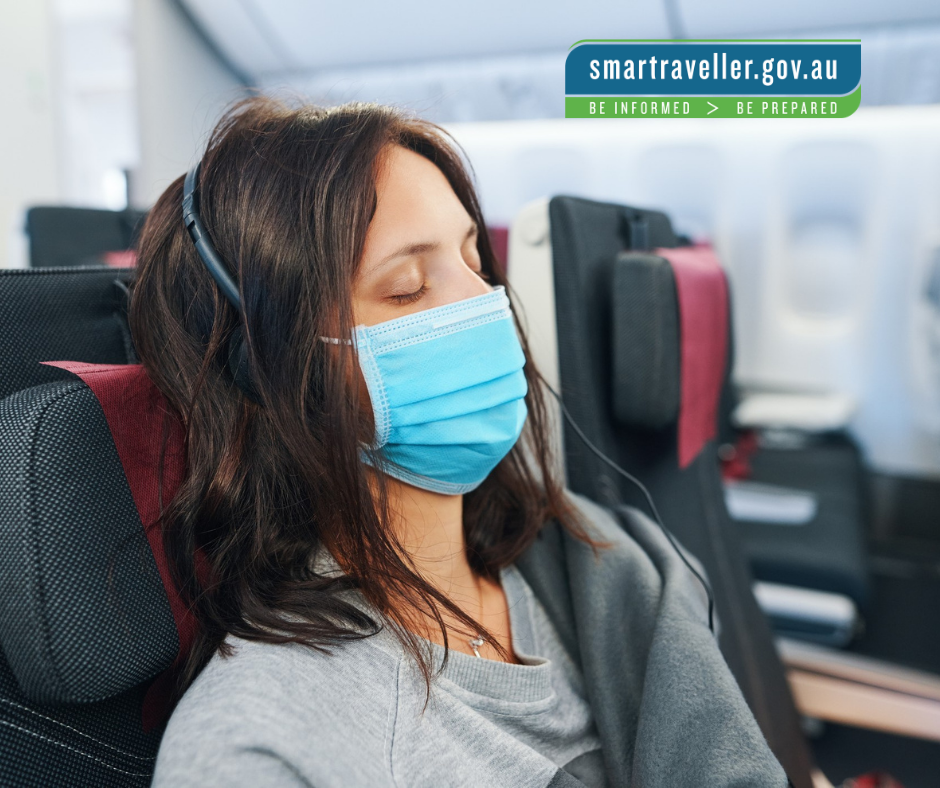
How the Australian Government can help
The Australian Government is limited in how and when it can help Australians overseas. Understand how we can and can’t help. Read the Consular Services Charter.
We can’t pay your bills for you.
You must take responsibility for your situation when you travel. This includes your finances. Consular services are not a ‘backup plan’ if things go wrong and you need money. We expect all Australians travelling overseas to take out appropriate insurance for their trip.
Read more
- Read the travel advice for the destinations you’re travelling to and through.
- Learn about the travel basics before you go.
- Find our advice for travellers with disability. This includes getting travel insurance.
- Understand how and when we can help. Read the Consular Services Charter.
See also
- Read the travel insurance buying guide and reviews (CHOICE).
- Free is not always the best value. Read credit card travel insurance reviews (CHOICE).
- Browse and compare your options on Find an Insurer. (Insurance Council of Australia).
